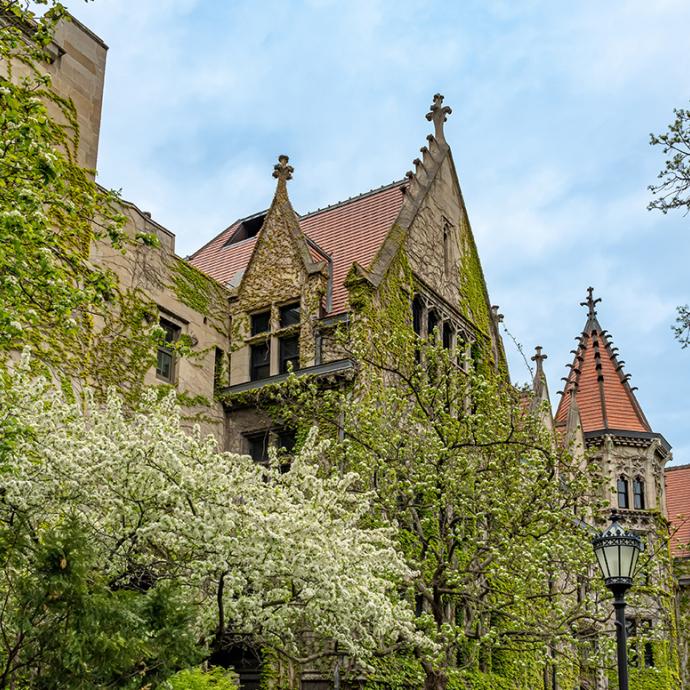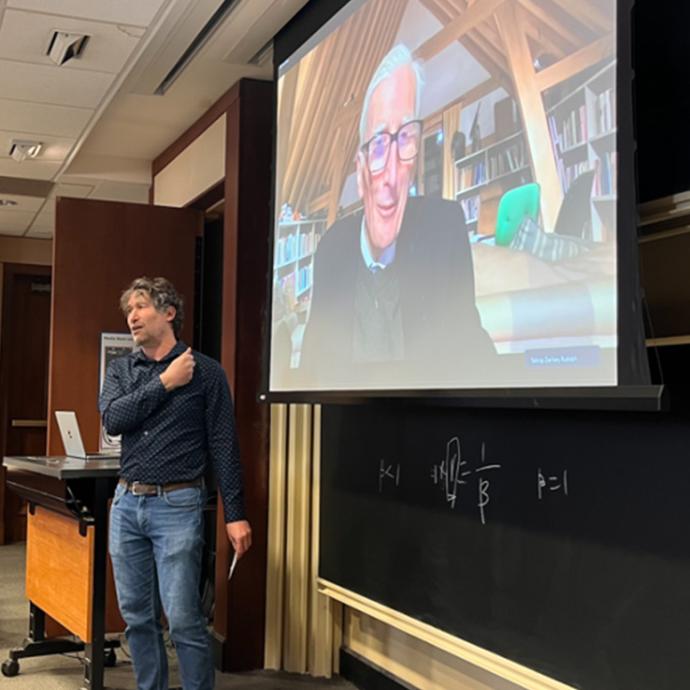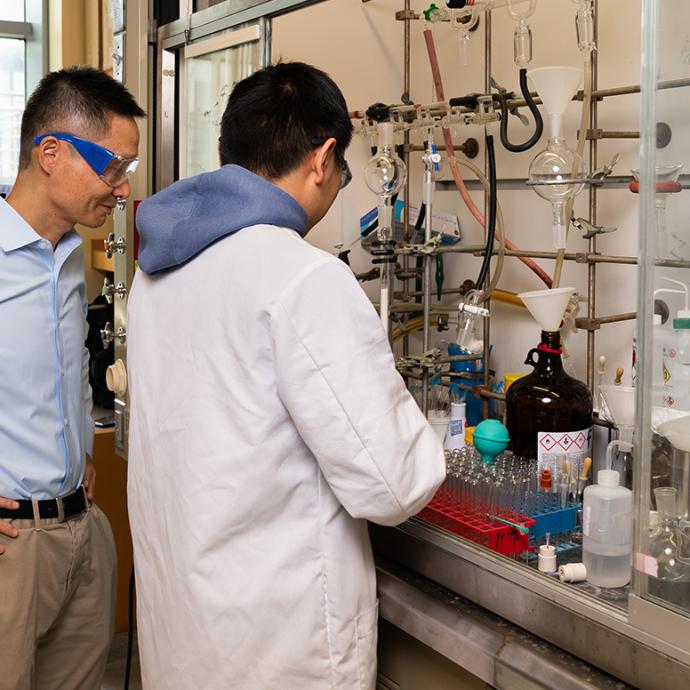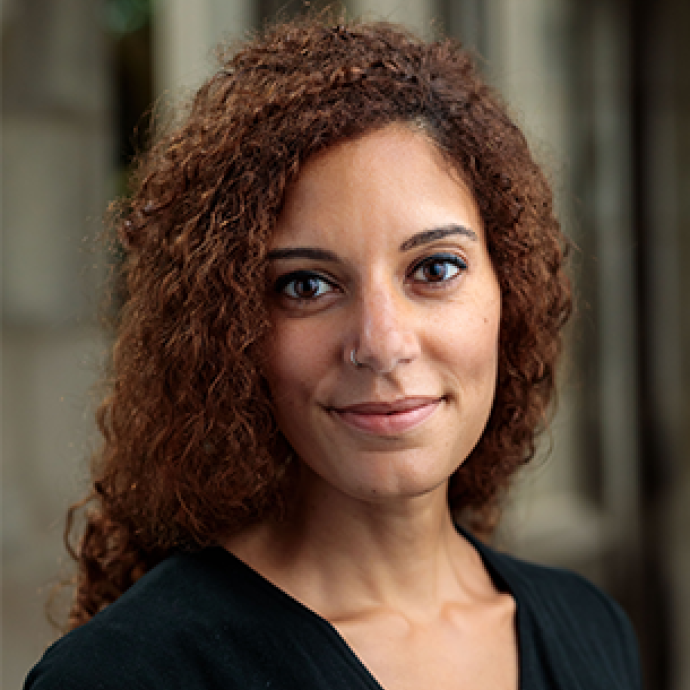Geoffrey Harpham, president and director of the National Humanities Center, a noted speaker on the institutional history of the humanities, will introduce his latest book, The Humanities and the Dream of America, during a talk titled “Melancholy in the Midst of Abundance: How America Invented the Humanities.” Harpham will speak at 4:30 p.m. on Monday, Nov. 1, in Classics 110.
In The Humanities and the Dream of America, due out in early 2011, Harpham discusses how U.S. political and academic interests combined to foster the humanities in the post–World War II era as a means of advancing American values and interests. However, while the humanities in education have been linked to the success of American democracy, recent declines in support for the humanities may contribute disproportionately to the “crisis” that many have perceived in higher education.
Recent data from the National Center for Education Statistics indicate a small overall decline in undergraduates majoring in the humanities and social sciences (18.5 percent compared to 18.8 percent a decade ago) as well as education (6.6 percent, down from 8.9 percent) while students focusing on business have grown rapidly (21.4 percent vs. 19.6 percent).
In his book Harpham writes, “Adams, Jefferson, and others believed that a general concern for the humanities represented not only the best possible future for the new nation, but also the natural progression of mankind, if freed from fear and want. This double investment in the character of the nation on the one hand and the destiny of humanity on the other determined the development of liberal education in the United States, and had the effect, once upon a time, of placing the humanities at the center of American self–understanding.”
Harpham adds, “Scholars have found links between the humanities and the health of democracies. Ultimately the humanities are imperative for developing critical thinking and molding citizens who are able to participate in the democratic process.”










 —Prof. Chuan He
—Prof. Chuan He
